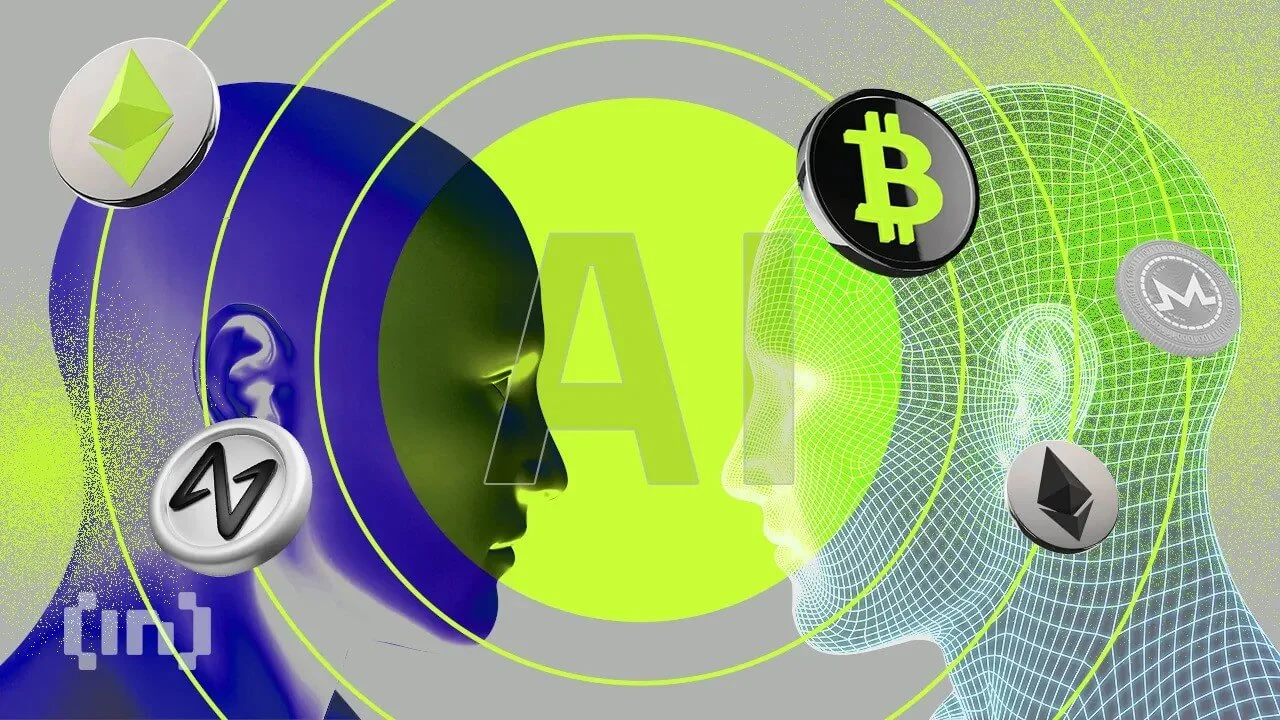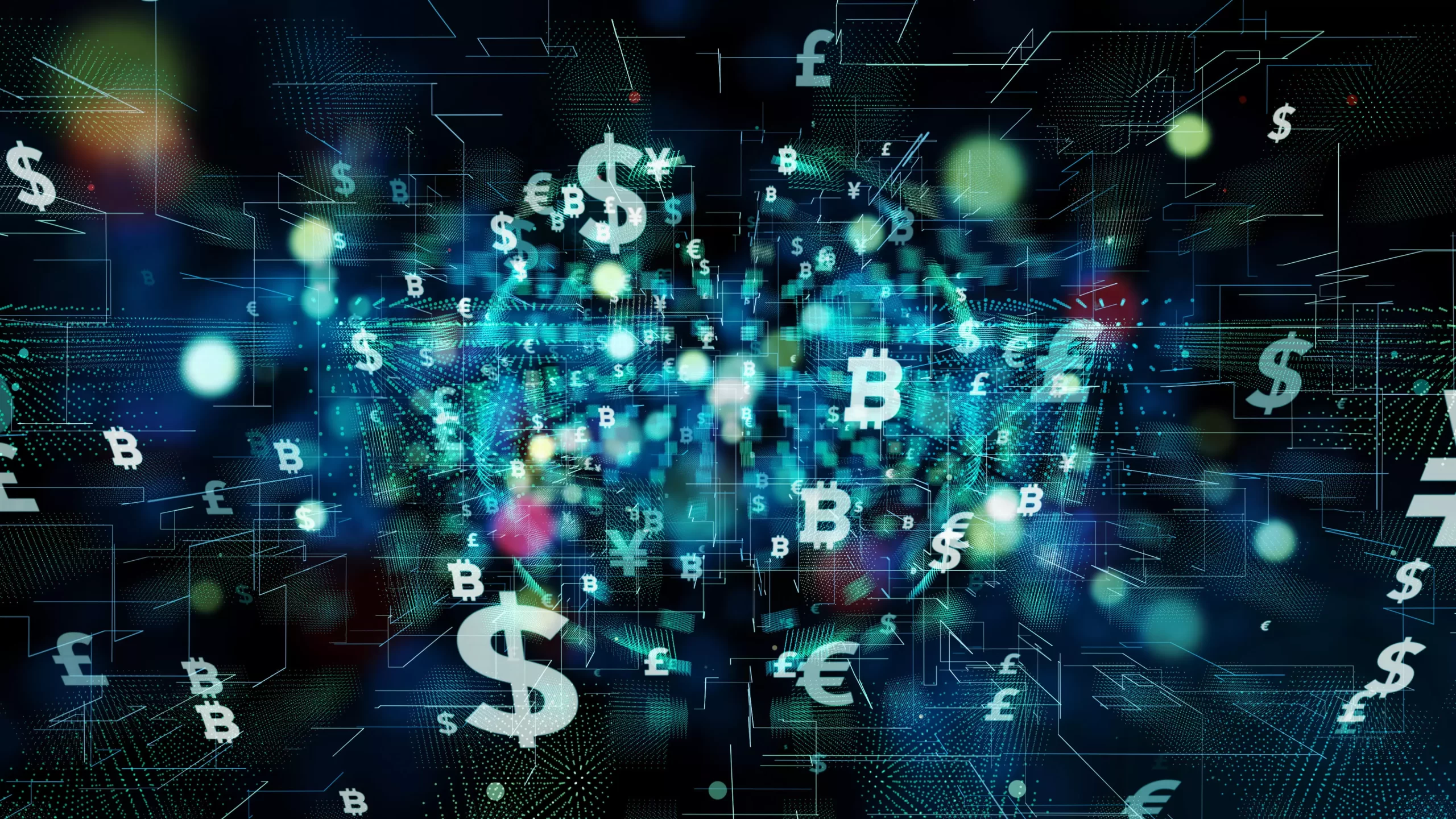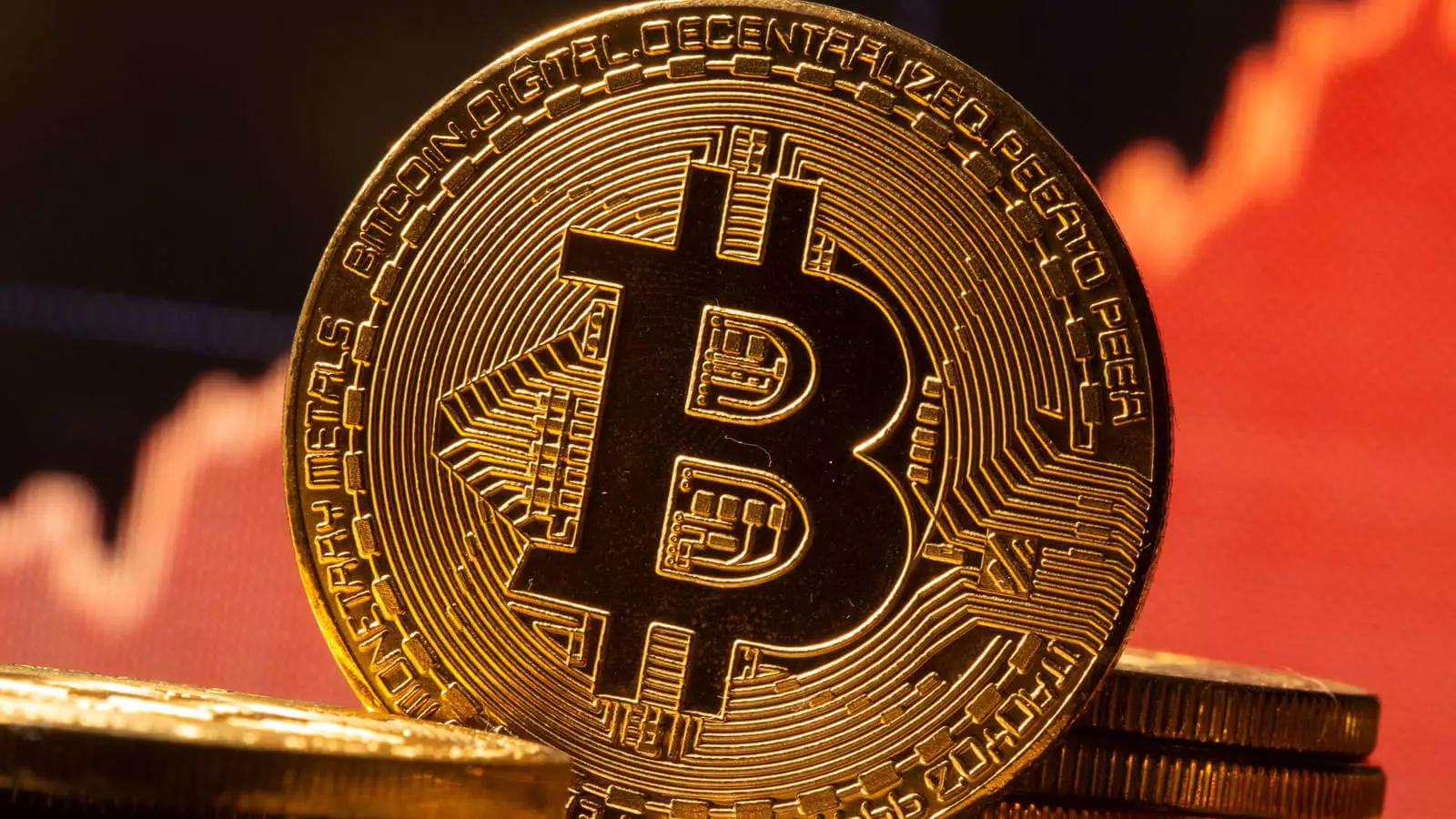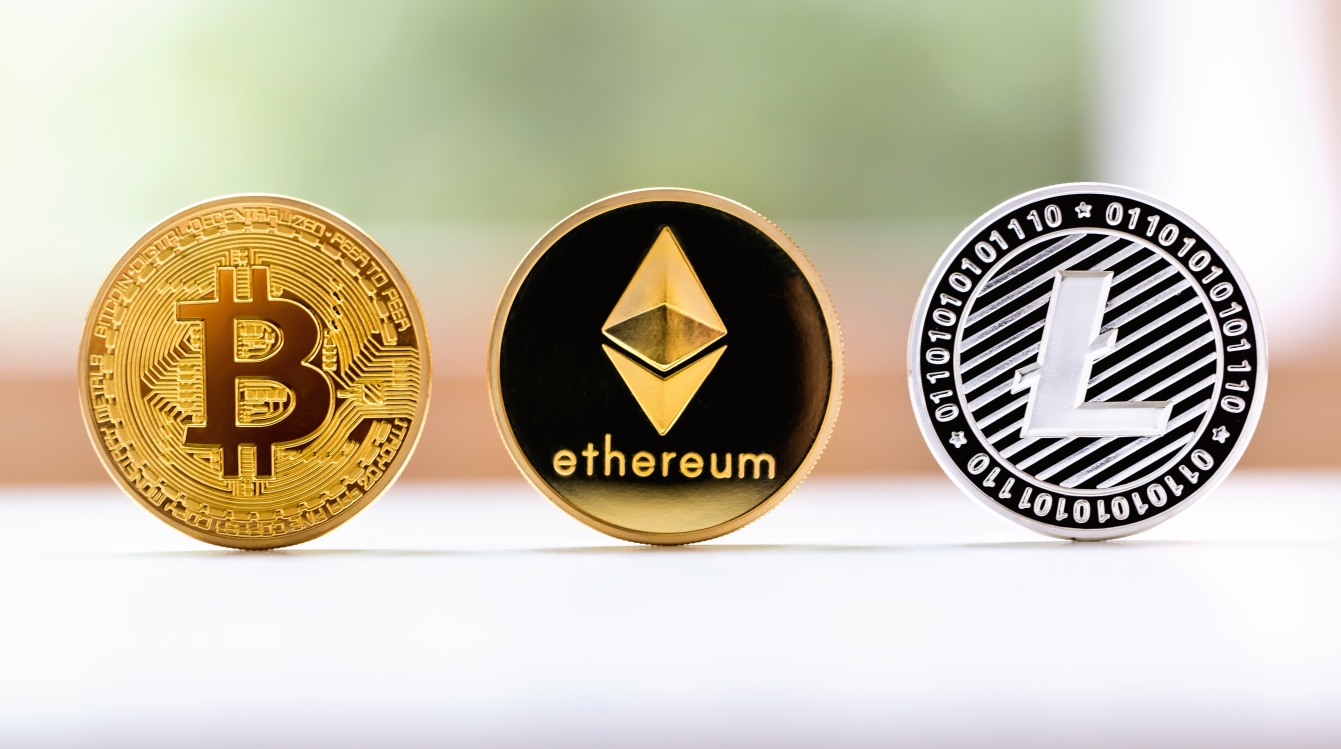The rapid advancement of artificial intelligence (AI) and blockchain technology has brought about profound changes in various industries, particularly the cryptocurrency market. As both technologies evolve, their integration is creating unprecedented opportunities for improving efficiency, security, and overall market dynamics. This blog explores how AI is being used to enhance blockchain technology and the broader cryptocurrency ecosystem.
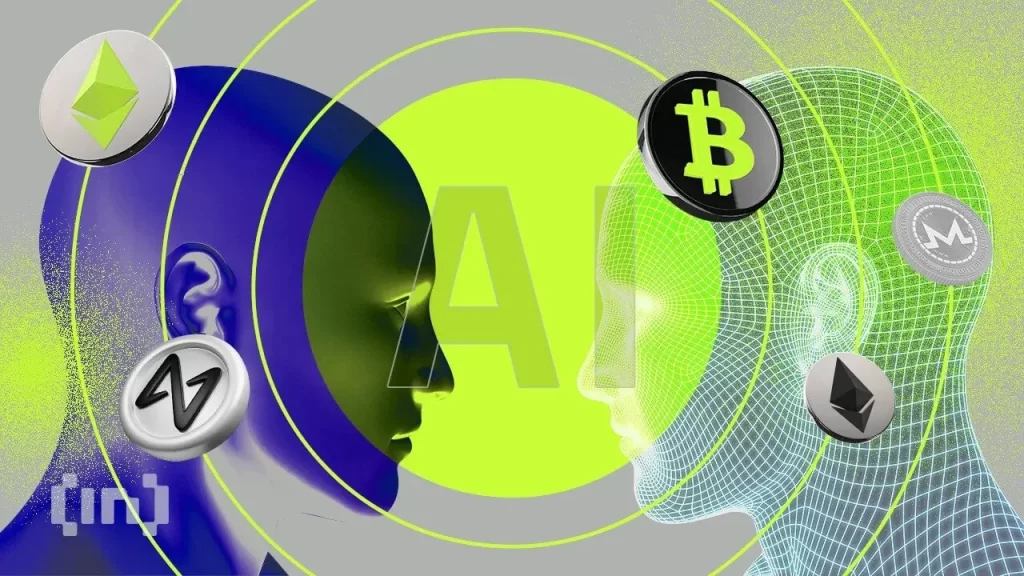
Content
1. AI and Blockchain: A Natural Symbiosis
At their core, both AI and blockchain are data-driven technologies. AI relies on vast amounts of data to train its models and make accurate predictions, while blockchain is essentially a decentralized, immutable ledger that securely stores vast amounts of information. When these two technologies are combined, the result is a powerful tool capable of transforming industries that rely on transparency, trust, and data analysis.
One key area where AI and blockchain intersect is in enhancing the security and scalability of blockchain networks. As blockchain systems become more complex, AI can be used to optimize network performance, enhance transaction speeds, and improve the decision-making processes of decentralized applications (dApps).
2. Enhancing Security and Fraud Detection
Blockchain is well-known for its high security standards due to its decentralized nature. However, the increasing popularity of cryptocurrencies has also attracted malicious actors. AI is now being used to bolster security across blockchain networks.
AI-powered algorithms can analyze transaction patterns in real-time, identifying anomalies that could indicate fraudulent behavior. For example, AI can detect suspicious wallet activity, phishing attacks, or hacking attempts, enabling platforms to respond faster to security threats. Machine learning (ML) models can be trained to identify patterns that are typical of fraudulent transactions, allowing for preemptive action to prevent theft or loss of assets.
Furthermore, AI enhances smart contract security. Smart contracts are automated, self-executing contracts with the terms of the agreement directly written into code. Although they offer efficiency and automation, smart contracts are susceptible to coding errors or vulnerabilities. AI-based auditing tools can scan smart contracts for vulnerabilities, reducing the risk of exploits that could result in significant financial losses.
3. Improving Efficiency and Scalability
One of the biggest challenges blockchain faces today is scalability. As the number of users and transactions increases, many blockchain networks face congestion issues, leading to slower transaction times and higher fees. AI offers solutions by helping optimize network efficiency.
AI algorithms can be used to predict and adjust to network traffic, optimizing the allocation of computational resources. For instance, AI can predict peak transaction times and adjust the network’s infrastructure accordingly, ensuring faster processing times during periods of high demand. This can be especially useful in Proof-of-Work (PoW) systems, where computational power is a major factor in maintaining network functionality.
Additionally, AI can assist in reducing energy consumption for blockchains, particularly those using PoW consensus mechanisms. AI-based systems can optimize the mining process, reducing redundant operations and making energy usage more efficient. This is especially important as concerns around the environmental impact of cryptocurrency mining grow.
4. AI-Driven Market Prediction and Trading
In the cryptocurrency market, volatility and rapid price fluctuations are common. Traders and investors rely heavily on market data and analysis to make informed decisions. AI is increasingly being used to analyze market trends, providing valuable insights that can help predict price movements.
AI-based trading bots can execute trades based on pre-defined parameters, enabling users to take advantage of price swings in real-time. These bots use ML models trained on historical market data, allowing them to make accurate predictions and execute trades automatically. This reduces the need for constant manual monitoring, enabling more efficient trading.
Moreover, AI algorithms can identify patterns that may be invisible to human traders. Through sentiment analysis of social media, news, and other public data, AI can gauge market sentiment and predict how these factors will influence prices. By leveraging AI for these insights, traders can make more informed decisions and potentially reduce the risks associated with cryptocurrency investments.
5. AI in Decentralized Finance (DeFi)
Decentralized finance (DeFi) is one of the fastest-growing sectors in the blockchain space, and AI is playing an increasingly important role in its development. DeFi platforms allow users to borrow, lend, and trade cryptocurrencies without relying on traditional financial intermediaries. However, DeFi protocols can be complex, and users need to navigate risks such as market volatility and smart contract vulnerabilities.
AI can improve the user experience in DeFi by automating many of the tasks involved in lending, borrowing, and trading. For example, AI algorithms can automatically adjust interest rates based on market conditions, optimizing yield for both borrowers and lenders. AI-powered tools can also provide users with personalized investment advice based on their risk tolerance, helping them make more informed decisions.
Additionally, AI can be used to assess the creditworthiness of users in DeFi systems. Since DeFi platforms typically don’t rely on traditional credit scores, AI can analyze on-chain activity and transaction history to create a more accurate representation of a user’s financial standing. This enables DeFi platforms to offer more tailored lending services while reducing the risk of default.
6. AI-Powered Governance in Blockchain
Blockchain governance is often decentralized, relying on community consensus to make important decisions. However, as blockchain ecosystems grow more complex, decision-making processes can become inefficient and prone to conflict. AI has the potential to streamline governance by automating certain aspects of the process.
AI can be used to analyze community sentiment and voting behavior, providing insights into which proposals are likely to pass. It can also suggest optimal governance models based on historical data, helping blockchain projects establish more effective decision-making frameworks. In decentralized autonomous organizations (DAOs), AI can automate governance functions such as fund allocation, dispute resolution, and voting processes, reducing the need for human intervention and enhancing efficiency.
7. AI and NFTs: Shaping the Future of Digital Assets
Non-fungible tokens (NFTs) have exploded in popularity, revolutionizing digital ownership and the art market. AI is now being integrated into the NFT space, opening up new possibilities for creativity and innovation.
AI-generated art is one example where AI is enhancing the NFT market. By using deep learning models, artists can create unique, AI-generated pieces of artwork that can be tokenized and sold as NFTs. This has led to a new genre of art where human creativity merges with machine learning capabilities.
Moreover, AI can also help determine the value of NFTs by analyzing market trends and comparing similar assets. This could potentially reduce the speculative nature of the NFT market, providing a more data-driven approach to asset valuation.
8. Challenges and Ethical Considerations
While the integration of AI and blockchain brings numerous benefits, it also raises important challenges and ethical considerations. For instance, the use of AI in market prediction and trading can potentially lead to manipulation or exacerbate market volatility. AI models that rely on historical data may also inherit biases, leading to unfair outcomes in DeFi lending or governance.
Another concern is data privacy. AI systems often require access to vast amounts of data, which could pose privacy risks if not handled properly. While blockchain’s decentralized nature enhances security, the data used by AI models could still be vulnerable to breaches or misuse.
Conclusion
The combination of AI and blockchain is transforming the cryptocurrency market and the broader fintech landscape. From improving security and scalability to enhancing trading strategies and DeFi operations, AI is playing a pivotal role in the evolution of blockchain technology. However, as with any technological advancement, it’s important to address the challenges and ethical concerns that arise from this integration to ensure that the benefits are maximized for all users.

Michael is a cryptocurrency blogger who writes about the latest developments in blockchain technology. He has been blogging for over 4 years and his posts have been read by people from all around the world. His blog covers a wide range of topics, such as trading advice, new ICOs to invest in, and how blockchains can be used outside of cryptocurrencies. Michael also enjoys writing about more technical aspects of cryptocurrencies and blockchain technology.

